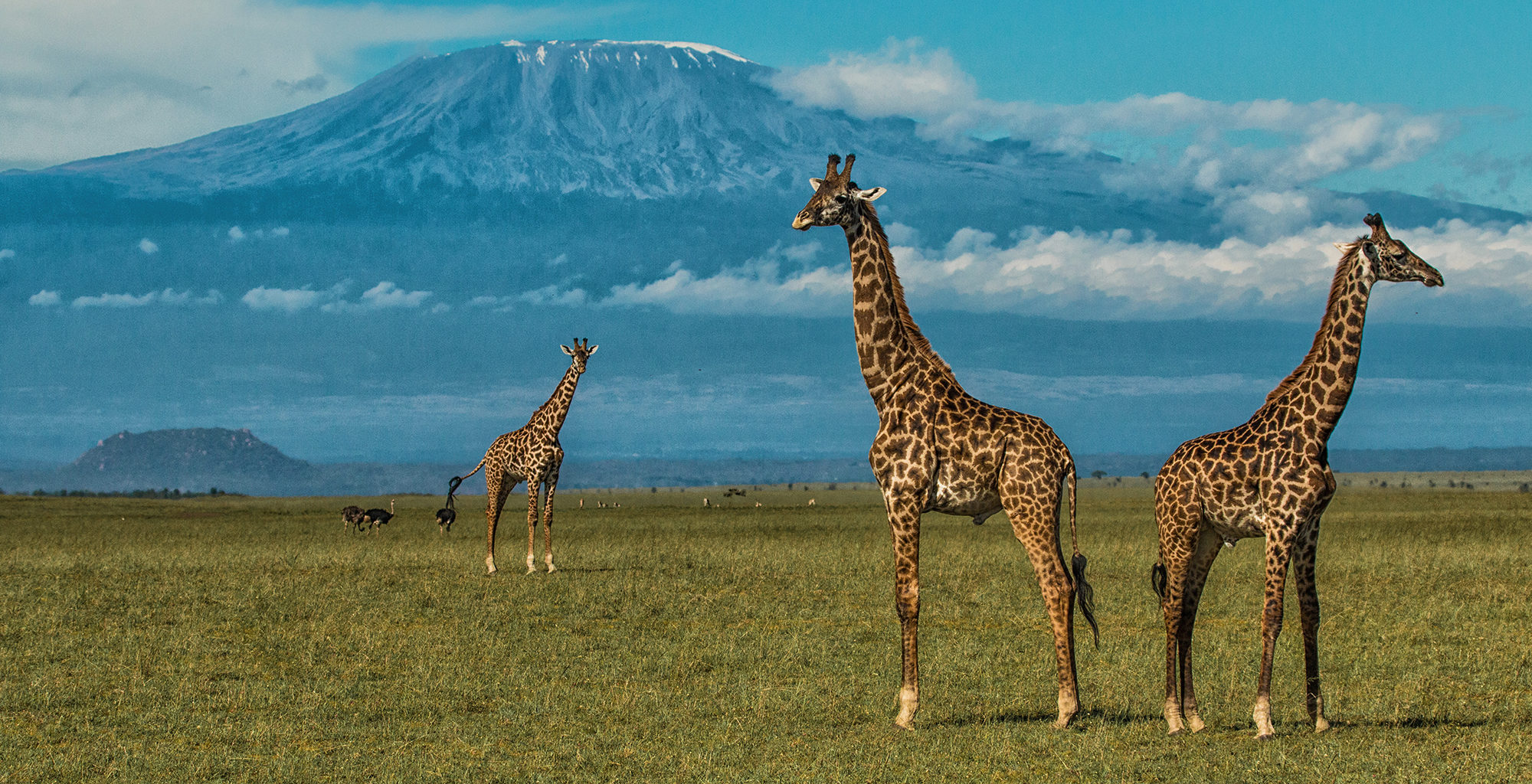The Kajiado County Government is on the brink of a significant transition with the launch of the Amboseli National Park Transition Strategic Plan. This initiative sets the groundwork for the county’s takeover of the management of Amboseli National Park, previously overseen by the national government. The plan outlines a vision where wildlife conservation is harmonized with the livelihoods of local communities.
Kajiado Governor Joseph Ole Lenku emphasized the county’s commitment to making Amboseli a “third-generation park,” where conservation efforts integrate seamlessly with the lives of the people living in the area. He highlighted the importance of involving all key stakeholders, including local communities, NGOs, and national agencies, to ensure a comprehensive and inclusive management approach.
Kajiado County Assembly Speaker Justus Ngossor assured residents that the transition would be beneficial, promising effective management and adequate budgetary allocations to support the park’s operations. He stressed that the county government is dedicated to maintaining Amboseli’s status as a globally recognized biodiversity hotspot.
This move follows a directive from President William Ruto, who, in August last year, announced the decision to devolve the management of national parks to county governments. Ruto emphasized the importance of sharing revenue generated from these parks with the host counties, acknowledging the critical role local communities play in conservation efforts. He mandated that 50 percent of the revenue from national parks should benefit the counties where the conservancies are located, with a focus on supporting the communities that have sacrificed land for wildlife conservation.
Ruto’s decision aligns with a long-standing acknowledgment of the Maasai community’s contribution to Kenya’s wildlife conservation. He reiterated the commitment made by the late President Mwai Kibaki to transfer management of the parks, including the Maasai Mara Game Reserve, Samburu Game Reserve, and Amboseli National Park, to the respective county governments. This transition is seen as a way to honor the Maasai community’s cultural heritage and their vital role in protecting Kenya’s natural resources.
